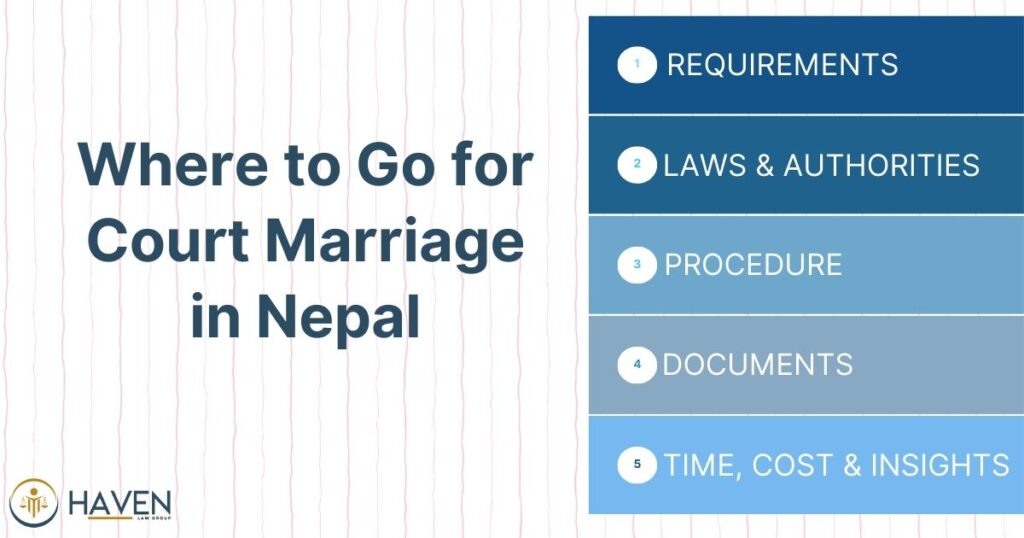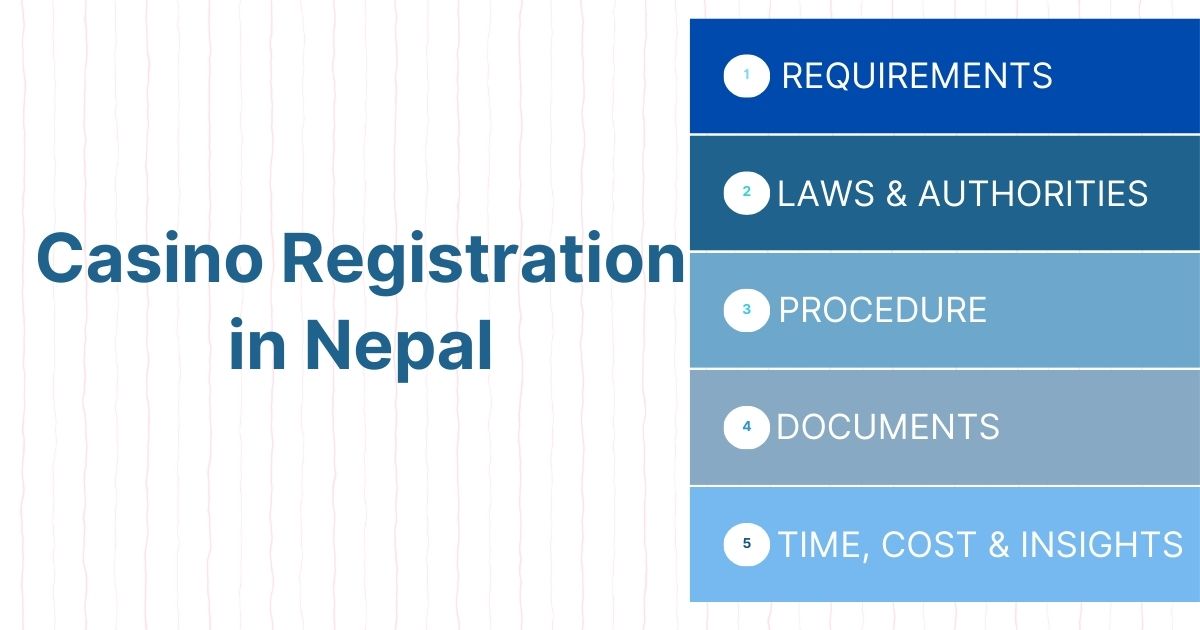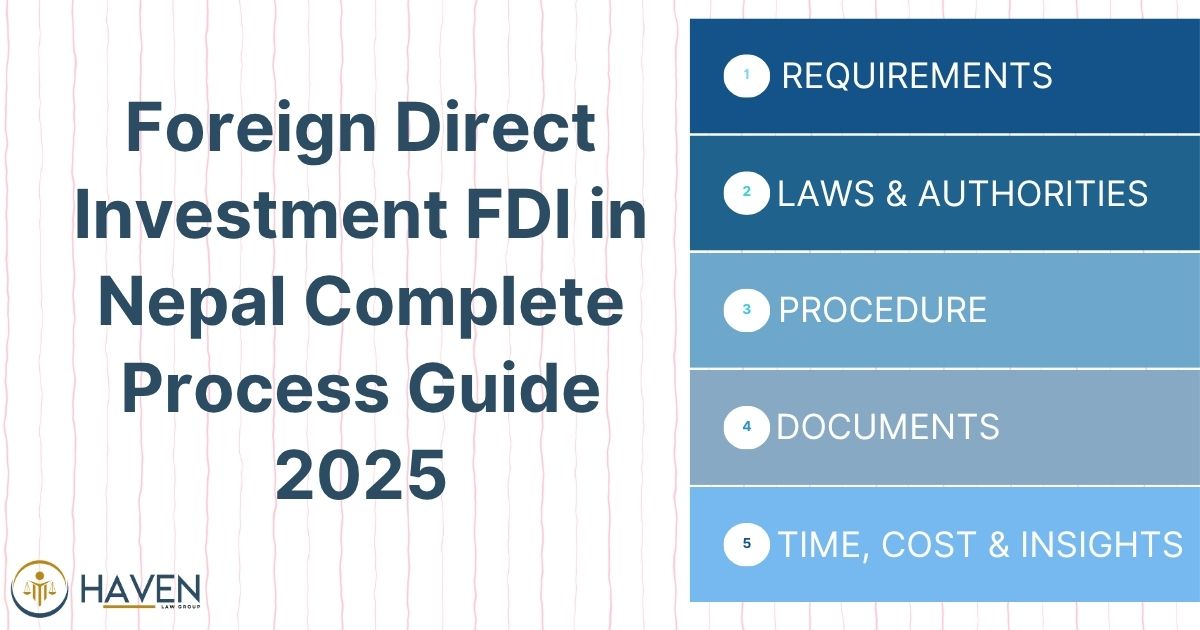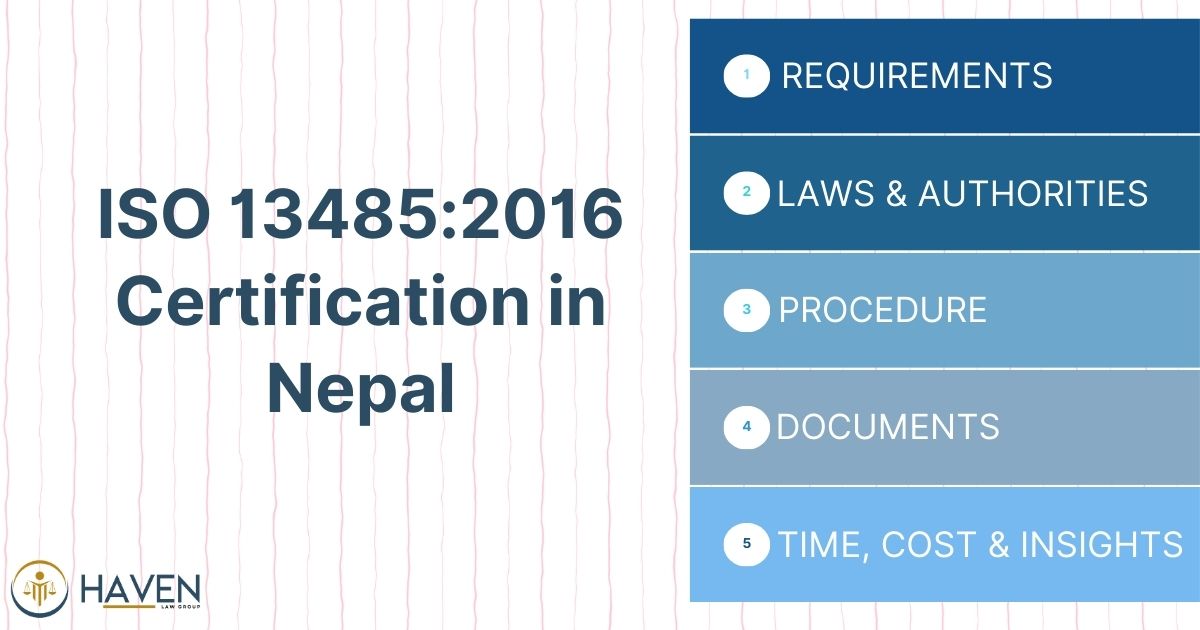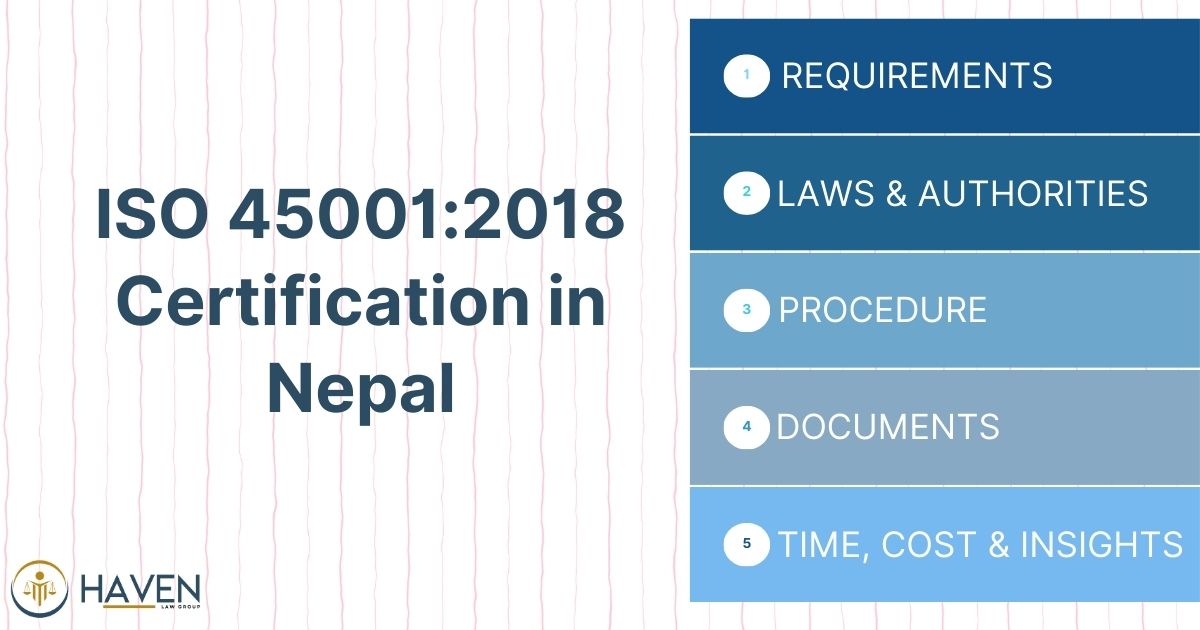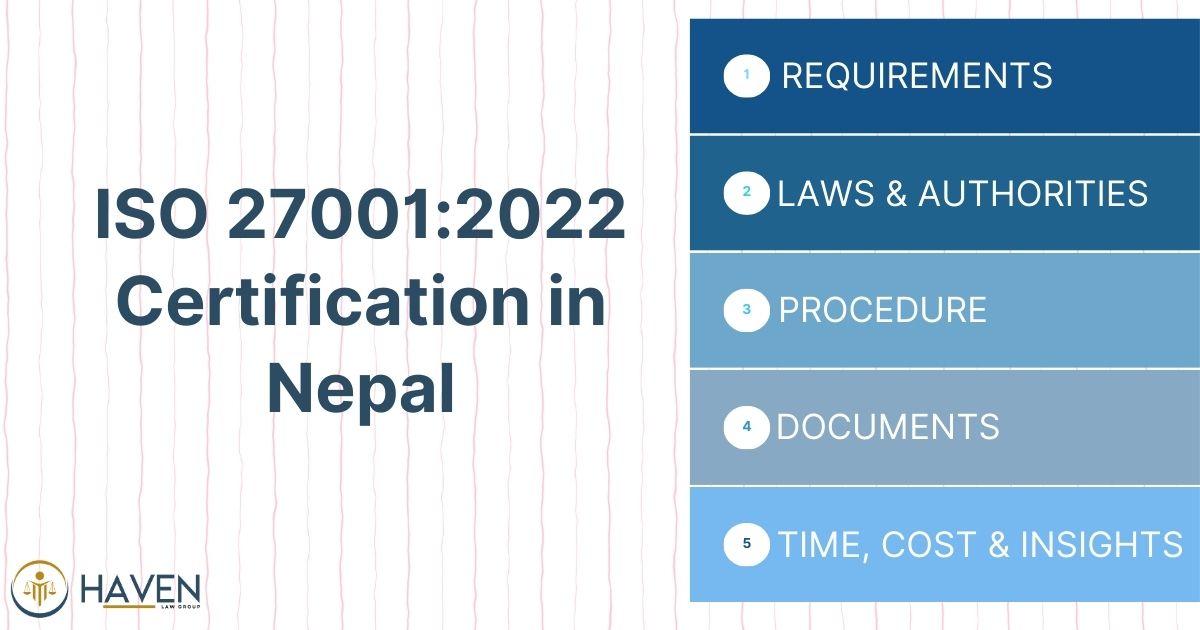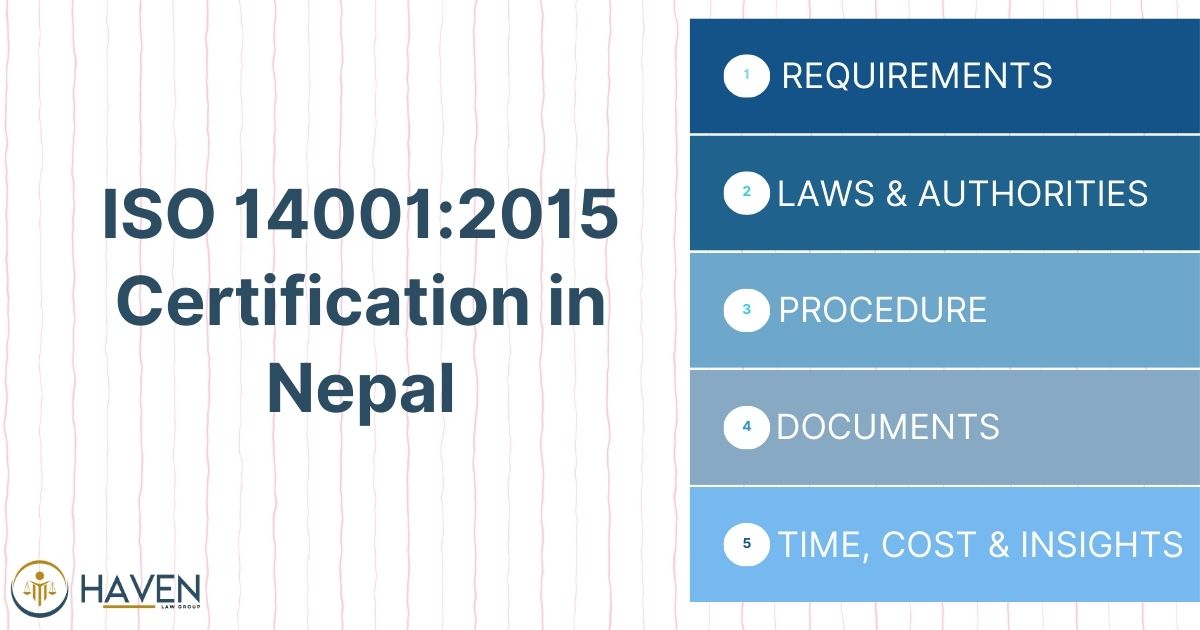What is the court marriage process in Nepal?
The court marriage process in Nepal involves several steps. First, both parties must submit an application to the District Court, along with necessary documents such as citizenship certificates, birth certificates, and photographs. The court then verifies the documents and schedules a hearing date. During the hearing, both parties must appear before the judge and express their consent to marry. The judge then issues a marriage certificate. This process is governed by the Marriage Registration Act, 2028 (1971). The court marriage process provides a legal alternative to traditional marriages, especially for couples from different religious or cultural backgrounds. It ensures that the marriage is legally recognized and registered with the government.
Where is court marriage registration done in Nepal?
Court marriage registration in Nepal is primarily conducted at District Courts across the country. These courts are authorized to perform and register court marriages under the Marriage Registration Act, 2028 (1971). The District Court in each of Nepal’s 77 districts has the jurisdiction to register court marriages. This decentralized approach ensures that couples from all parts of Nepal have access to court marriage services. The registration process typically involves submitting an application, providing necessary documents, and appearing before a judge. It’s important to note that while District Courts are the primary venues for court marriage registration, some municipalities may also have the authority to register marriages.
Are there specific courts for marriage registration?
In Nepal, there are no specific courts exclusively dedicated to marriage registration. Instead, the District Courts, which are part of the regular judicial system, are empowered to handle court marriages and their registration. This arrangement is stipulated in the Marriage Registration Act, 2028 (1971). Each District Court has a designated section or official responsible for processing marriage registrations. While this system ensures widespread availability of court marriage services, it also means that marriage registration is handled alongside other civil and criminal cases. Couples seeking a court marriage should approach the District Court in their area or the district where they intend to register their marriage.
Can court marriages be registered in Kathmandu?
Yes, court marriages can be registered in Kathmandu. As the capital city and largest urban center in Nepal, Kathmandu has multiple District Courts that handle court marriage registrations. The Kathmandu District Court, located in Babarmahal, is the primary venue for court marriages in the city. However, due to Kathmandu’s large population and high demand for services, the court marriage process may take longer compared to other districts. Couples seeking to register their marriage in Kathmandu should be prepared for potentially longer waiting times and should ensure they have all necessary documents ready. The process and requirements in Kathmandu are generally the same as in other parts of Nepal, following the guidelines set by the Marriage Registration Act, 2028 (1971).
Do different cities have different court rules?
While the fundamental process of court marriage registration is uniform across Nepal, as outlined in the Marriage Registration Act, 2028 (1971), there may be slight variations in procedures or requirements between different cities and districts. These differences are usually administrative in nature and do not significantly alter the core process. For instance, some courts might require additional local documents or have specific scheduling practices. Urban areas with higher populations, like Kathmandu or Pokhara, might have longer processing times due to higher demand. Rural areas might have more flexible schedules but potentially limited resources. It’s advisable for couples to check with their local District Court for any specific local requirements or procedures when planning a court marriage.
Are lawyers needed for court marriages?
While it’s not mandatory to have a lawyer for court marriages in Nepal, many couples choose to engage legal counsel to navigate the process more smoothly. Lawyers can assist in preparing and submitting the required documents, ensuring all legal requirements are met, and representing the couple during the court proceedings. This can be particularly helpful if there are any complexities in the case, such as if one party is a foreign national or if there are issues with documentation. However, the basic court marriage process is designed to be accessible without legal representation. The Marriage Registration Act, 2028 (1971) does not stipulate the need for a lawyer. Couples can choose to handle the process themselves if they are comfortable with the legal requirements and procedures.
Is pre-marriage counseling required?
Pre-marriage counseling is not a mandatory requirement for court marriages in Nepal according to the Marriage Registration Act, 2028 (1971). The court marriage process focuses primarily on the legal aspects of marriage registration rather than personal or relationship preparation. However, some courts or local authorities may recommend or offer optional pre-marriage counseling services. These services, when available, typically aim to prepare couples for married life, discuss expectations, and address potential challenges. While not legally required, couples may find such counseling beneficial. It’s worth noting that some religious or cultural institutions may require pre-marriage counseling for traditional marriages, but this is separate from the legal requirements of court marriages.
How long does court marriage registration take?
The duration of court marriage registration in Nepal can vary depending on several factors. Typically, the process takes between 2 to 4 weeks from the date of application submission to the issuance of the marriage certificate. However, this timeline can be affected by factors such as the workload of the court, completeness of submitted documents, and any complexities in the case. In some instances, particularly in less busy districts, the process might be completed more quickly. Conversely, in busy urban areas like Kathmandu, it might take longer. The Marriage Registration Act, 2028 (1971) does not specify a fixed timeline, allowing courts some flexibility. Couples should be prepared for potential delays and start the process well in advance of any deadlines they might have, such as visa applications or other legal processes that require proof of marriage.
Can foreigners register court marriages in Nepal?
Yes, foreigners can register court marriages in Nepal, but there are additional requirements and considerations. The Marriage Registration Act, 2028 (1971) allows for marriages between Nepali citizens and foreigners, or between two foreigners, to be registered in Nepal. However, foreign nationals must provide additional documentation, including:
- Valid passport
- Visa or immigration documents
- No Objection Certificate from their embassy in Nepal
- Single status certificate or equivalent from their home country
The process may take longer for marriages involving foreign nationals due to the need for document verification. It’s advisable for foreigners to consult with the Nepali embassy in their home country and their own country’s embassy in Nepal before proceeding with a court marriage in Nepal. Some countries may require additional steps for the marriage to be recognized in the foreigner’s home country.
Are fees uniform across courts in Nepal?
While the basic structure of fees for court marriages is set at the national level, there can be some variations across different courts in Nepal. The core fee for marriage registration is generally uniform, as stipulated by the Marriage Registration Act, 2028 (1971) and related regulations. However, additional charges may vary slightly from one district to another. These variations might include:
- Document processing fees
- Stamp duties
- Notarization charges (if required)
- Expedited processing fees (where available)
Urban areas might have slightly higher fees compared to rural districts. It’s advisable for couples to inquire about the exact fee structure at their local District Court before initiating the process. While these variations exist, they are usually not significant enough to warrant traveling to a different district solely for cost reasons.
Is online registration available for court marriages?
As of now, full online registration for court marriages is not widely available in Nepal. The traditional process, as outlined in the Marriage Registration Act, 2028 (1971), requires physical presence at the court for document submission and the marriage ceremony. However, some districts have begun implementing partial online services to streamline the process. These may include:
- Online appointment booking
- Downloadable application forms
- Online fee payment options
- Status tracking of applications
While these digital initiatives are steps towards modernization, the core process still requires in-person appearances at the court. Couples should check with their local District Court for any available online services, but should be prepared for a primarily in-person process. The government is gradually working towards digitizing more aspects of civil services, including marriage registration, but full online registration is not yet a reality across Nepal.
Can court marriage certificates be obtained instantly?
Court marriage certificates in Nepal are not typically issued instantly. The process, as governed by the Marriage Registration Act, 2028 (1971), involves several steps that preclude immediate issuance of the certificate. After the court hearing where both parties express their consent to marry, there is usually a processing period before the official certificate is issued. This period can range from a few days to a couple of weeks, depending on the court’s workload and efficiency. Some factors affecting the timeline include:
- Verification of submitted documents
- Preparation and signing of the certificate by authorized officials
- Recording of the marriage in official registers
While the actual certificate may not be available instantly, courts often provide a provisional document or receipt immediately after the marriage ceremony. This can serve as temporary proof of marriage until the official certificate is ready. Couples should inquire about the expected timeline for receiving the official certificate when they initiate the marriage registration process.
FAQs
Is registration uniform?
Registration procedures for court marriages in Nepal are generally uniform across the country, following the guidelines set by the Marriage Registration Act, 2028 (1971). However, minor administrative variations may exist between different District Courts.
Are online forms valid?
Online forms, where available, are typically valid for initiating the court marriage process. However, these forms usually need to be printed and submitted physically at the court along with other required documents.
Can foreigners apply?
Yes, foreigners can apply for court marriages in Nepal. They need to provide additional documents such as a valid passport, visa, and a No Objection Certificate from their embassy in Nepal.
Is notarization required?
Notarization requirements can vary. Some courts may require certain documents to be notarized, especially for foreign applicants. It’s best to check with the specific District Court for their requirements.
Are fees fixed?
While there is a standard fee structure for court marriages in Nepal, some variations in additional charges may exist between different courts. Couples should inquire about the exact fee structure at their local District Court.

